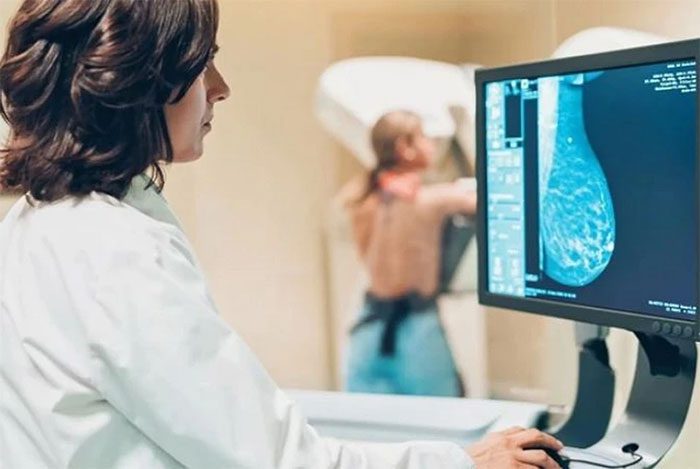After performing methylation analysis on the genetic makeup of a group of patients, researchers discovered that breast mucinous tumors exhibit a distinct methylation pattern compared to normal breast tissue and similar tumors.
A group of Australian scientists has identified new biomarkers for mucinous breast tumors, opening up new possibilities for treating patients with these rare and hard-to-diagnose breast tumors.

Women should undergo regular screening to detect breast cancer early. (Photo: Getty Images)
In a study published on February 1 in the Journal of Pathology, scientists at the Garvan Institute of Medical Research improved a DNA methylation machine to differentiate mucinous breast tumors from other types of tumors.
Comprising less than 1% of all breast cancer cases, mucinous tumors are mostly benign, yet 10% can be malignant. Due to limited understanding of the molecular structure of this rare tumor, current diagnostic methods primarily rely on tissue examination.
According to scientist Ruth Pidsley from the Garvan Institute and lead author of the study, the current method for diagnosing mucinous breast tumors involves analyzing cellular characteristics under a microscope. However, this technique can lead to misdiagnosis as a fibroepithelial tumor, sarcoma (a type of cancer that begins in the connective tissues), or atypical lobular carcinoma.
While these tumor types may appear similar, they exhibit different growth rates, prognosis, and treatment pathways.
Pidsley noted that an epigenetic approach focusing on analyzing DNA methylation patterns would provide new insights for traditional pathology studies.
After conducting whole-genome methylation analysis on a group of 33 patients, the research team found that mucinous breast tumors have a unique methylation process compared to normal breast tissue and similar tumor types.
Additionally, they identified 53 different methylation regions that could be used to distinguish malignant mucinous breast tumors from benign cases, while also developing a machine learning algorithm for classification.
Scientist Susan Clark, co-author and head of the Cancer Epigenetics Laboratory at Garvan, stated that disruptions in the epigenetic process, such as DNA methylation patterns, serve as cancer identifiers. This signature can vary significantly among different cancer types.
According to this scientist, by leveraging advanced epigenetic technologies such as digital PCR methods using droplet systems, the next step will be to conduct sensitive epigenetic-based PCR tests to detect mucinous breast tumors.
In the future, this may become a standard method used in laboratories.



















































